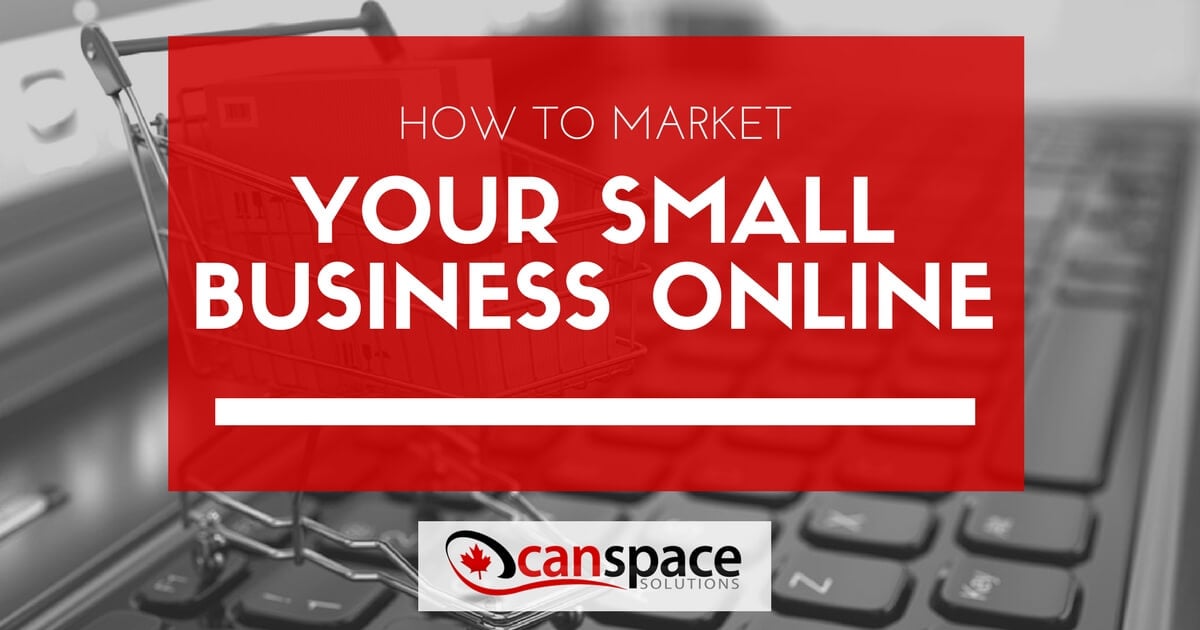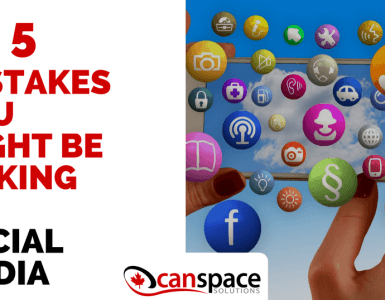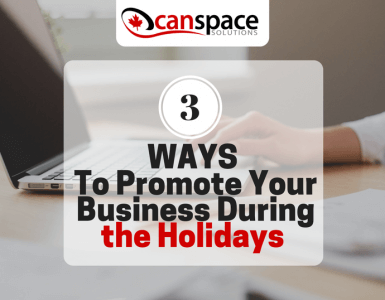If you’re a small business owner looking to increase your sales and revenue, you may be wondering how you can take advantage of the internet to market your business.
This is a great question. However, we understand it may be confusing trying to figure out where to start.
There are so many different marketing tools out there to choose from, so what should you focus on first to ensure you’re able to get new customers online?
Build Your Online Reputation
One of the very best things you can do for your business is create a solid online reputation.
This means you must create profiles and be active in the places that matter. Google, Facebook and Yelp are (in our opinion) some of the best places to focus on. In addition, if there are any review sites that are specific to your industry, those are great to use as well.
Once you’ve decided on your target social media and review sites, you should do the following:
1) Set up your profile
Make sure your profiles are complete, accurate, and professional. Include as much information about your business as possible, such as an “about us”, contact information and hours of operation.
Also be sure to use high quality images for your profile picture and/or cover photo. Including your business address is also important as it will help you show up when people search for businesses in your area.
2) Create and share content
If the website you’re creating a profile on has a newsfeed (like Facebook, Twitter or LinkedIn), make sure to share some interesting and relevant content there.
You don’t have to go overboard and plan out months of social media posts in advance. Just make sure it looks like your business is still active and online.
3) Generate engagement on your profiles
Having likes, comments, and reviews on your page is important. Contact your network and previous customers and ask them to like your page or give you a review.
You may have to offer incentives to get reviews, like a free product or service. This is fine as in the long run, a positive online reputation will help you generate more than enough business to cover your expenses.
Creating a Sales Funnel
In order to market or sell your products and services online, you’ll need a sales funnel.
This is simply a process that you put in place to get in-front of potential customers, make them aware of what you sell, and ask them to buy.
Setting up Ads
Creating advertisements with Google Adwords and Facebook are two of the biggest and best ways to get in-front of your potential customers (other than referrals).
Adwords and Facebook ads are very different though. Each with their own set of pros and cons. However, if you invest some time to learn how the platforms work, you should be able to relatively quickly create new, profitable campaigns.
For example, on Google Adwords, you’re targeting based on what people are searching for.
On Facebook, you target people based on their demographics (age, sex, economic status, pages they like etc.)
Your Advertising Objectives
Any time you are advertising, you need to have clear goals in mind. What would you like to happen?
A) Sell to new customers
B) Get existing customers to buy again
C) Build a list of emails or followers to remarket to perpetually
D) Collect reviews and engagement on your online profiles to help sell more customers who find you organically
Once you determine your objectives, you can decide on the platform you want to use, as well as the type of ad campaigns you’ll need to launch.
Leveraging Search Engine Optimization
This article would not be complete without mentioning search engine optimization.
Although the search engines are saturated, with high levels of competition making ranking more difficult, there are still opportunities to market yourself. In fact, depending on your location or business, you may not have intense competition.
To ensure your website or online profiles are ranking, do the following.
1) Include your business name and keywords in your website and profiles predominantly (keywords meaning: the name of your product or service & your specific location)
2) Expand on your keywords within your “about us” or “description” section (go into more specific product or service names)
If you do the above things, you’ll be halfway there. You simply want to ensure that you understand what your potential customers are searching for, and including those into your website or online profiles.
In Conclusion
Start by making your business look well established online, with happy customers. That is the cornerstone of good marketing. Once you start paying for ads and ranking on the search engines, potential customers will trust your brand and buy from you more.
In 2017, having a website is also important. If you don’t have one (or yours is slow, affecting SEO), you’ll need a high quality hosting provider to ensure you have a fast website.
Click here to see our hosting packages. If you have any questions, feel free to reach out to our 24/7 support team on our live chat!










